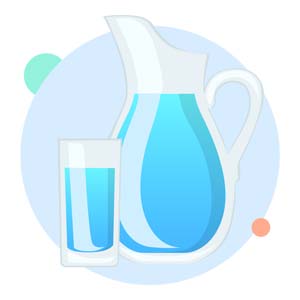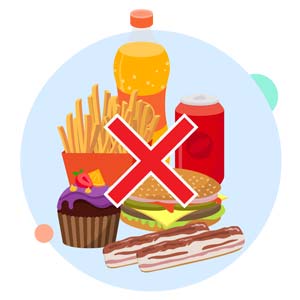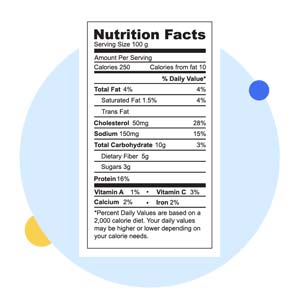Find a Cardiologist
Losing Weight to Gain Heart Function
Being overweight or being obese is a known factor for many heart conditions. Too much fat, especially around the waist, may heighten your risk for heart disease. The extra weight may strain your heart, increase your risk for diabetes, raise your blood pressure, LDL (low-density lipoprotein; bad) cholesterol and triglyceride levels and lower your HDL (high-density lipoprotein; good) cholesterol.
The good news is, you can reduce the risk of having heart disease by just losing 10 pounds and maintaining it. Studies show that sustained weight loss can help lower a person’s overall risk for heart disease and diabetes. However, we understand that losing weight is not easy. That’s why we are here to help you with the process of losing as well as maintaining your weight for a healthier heart.
Keep in mind that you did not gain weight overnight, so losing weight may take some time as well. Be patient and kind to yourself and follow these simple tips for a healthy weight loss.
7 Tips for a Healthy Weight Loss
 1. Hydrate. – Drink up. Water is a natural appetite suppressant, and it also helps burn calories. |
 2. Eat smaller portions. – Check the recommended portion size for your weight to avoid eating more than you need. |
 3. Reserve half of the plate for vegetables. – Greens are high in fiber and they fill you up fast. The more you eat them, the less you want to load up on sweets and unhealthy food. |
 4. Use smaller plates, bowls and glasses. – This gives you the illusion that you are eating more than you actually are, which helps you feel satisfied. |
 5. Skip sugary and fatty snacks. – Eat enough during your meals to suppress the need to snack. If you do feel snacking, opt for healthy options like nuts, fruits or raw vegetables. |
 6. Check the label. – When buying food or grocery items, check for the calories, fat, sugar and salt content and compare them with similar products. More often than not, there are healthier alternatives within the same food group. |
 7. Move more, sit less. – Increasing your heart rate up will help you burn calories. Aim for at least 30 minutes of physical activity on most days of the week to lose those extra pounds. |
It can be tempting to go back to old habits, but remember that being active and eating smart will not just help decrease your risk for heart disease. It can also benefit your overall health. Sticking to a heart healthy lifestyle will make you feel stronger and be in better shape. You may also experience greater self-control, fewer mood swings and develop better eating habits.
Sources:
American Heart Foundation
Heart UK: The Cholesterol Charity
MedicalNewsToday

